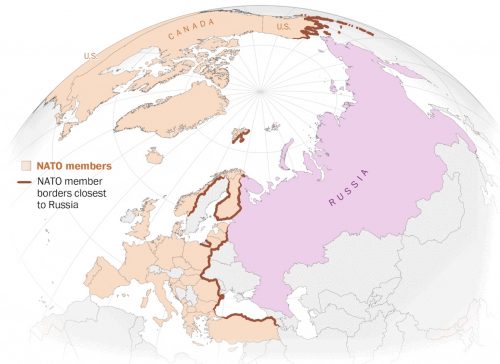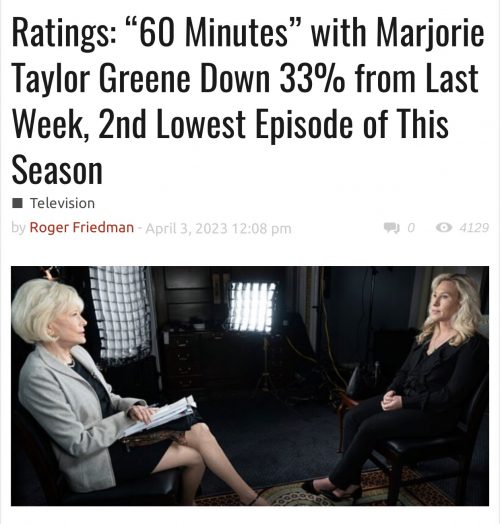Several things that make me happy occurred.
- Trump was arrested. That’s nice.
- A liberal won the Chicago mayoral race.
Brandon Johnson, a county commissioner and former public school teacher, was projected to win Tuesday’s mayoral runoff after promising to increase investment in social programs to address public safety fears in the nation’s third-largest city.
-
The Wisconsin supreme court was flipped to a majority liberal
Liberals claimed control of Wisconsin’s high court in an election Tuesday, giving them a one-vote majority on a body that in the coming years will likely consider the state’s abortion ban, its gerrymandered legislative districts and its voting rules for the 2024 presidential election.
Milwaukee County Judge Janet Protasiewicz’s victory over former state Supreme Court justice Daniel Kelly will end 15 years of conservative control of the Wisconsin Supreme Court. She could face ethical questions when the court takes up politically charged cases because she campaigned heavily on abortion rights and repeatedly called the state’s election maps “rigged.”This is the one I cared about most, because it’s the state next door, and I’ve got a grandchild living there. Wisconsin has been on a long slow ugly slide to the dark side, and this is a welcome and meaningful reversal. Also — a Democrat campaigning on abortion rights won? Please, Democratic party, realize that this is a winning issue for you.
I think that one thing that has been dragging Democrats down for decades is the timidity of conservative Democrats who want to be Republican Lite and refuse to embrace what the party stands for — progressive values, equality, and labor (they still suck on that last one).










